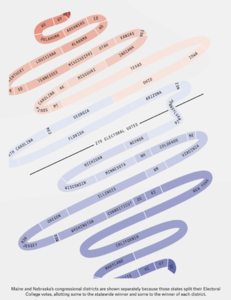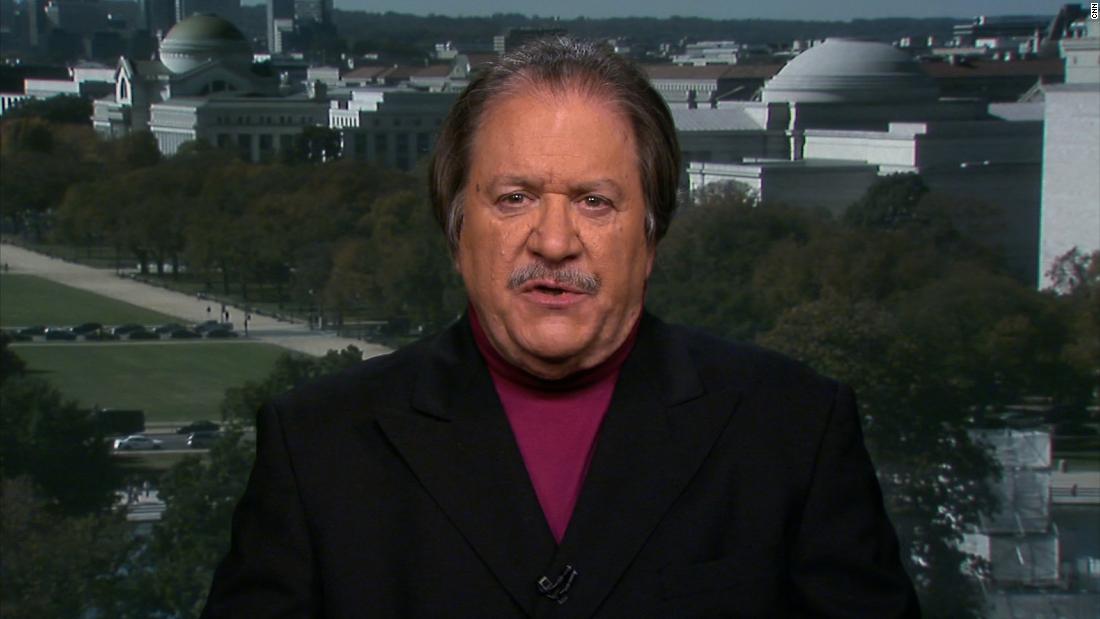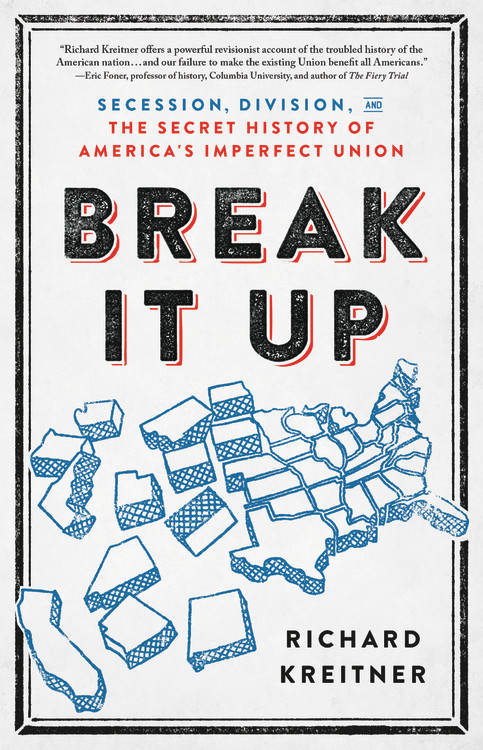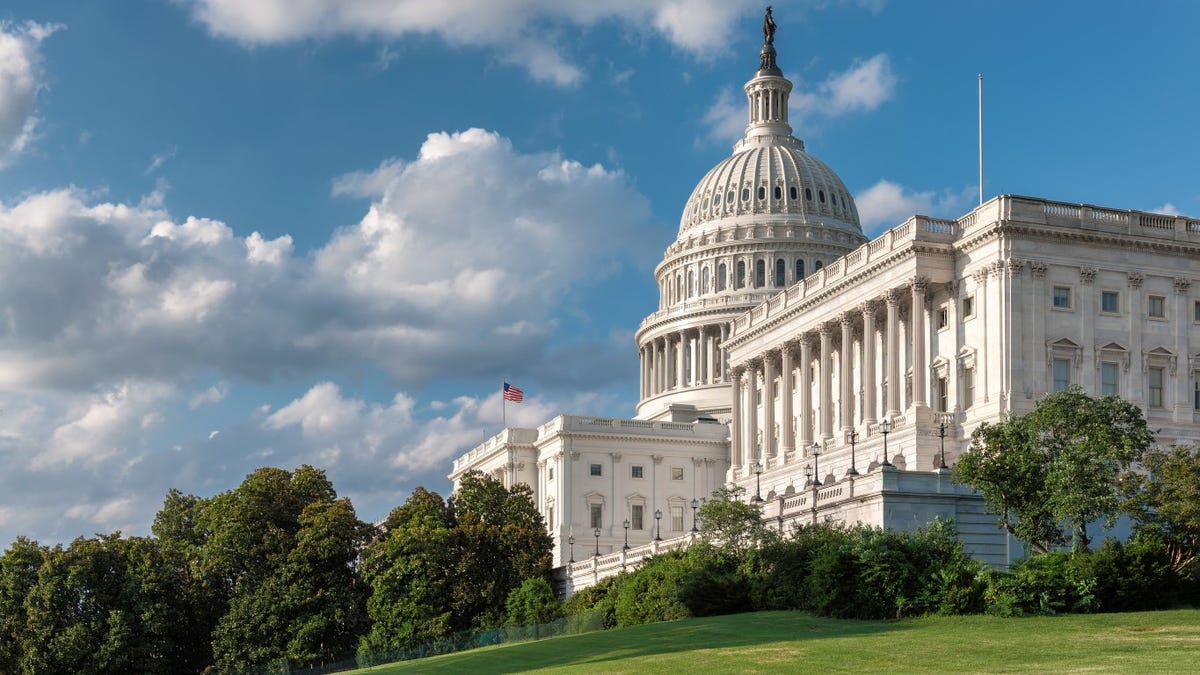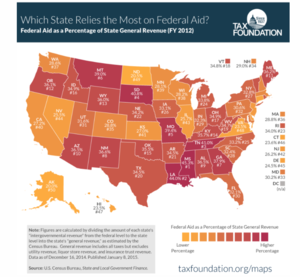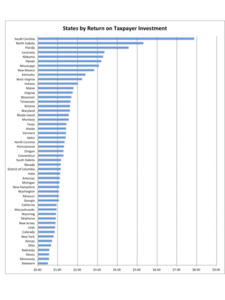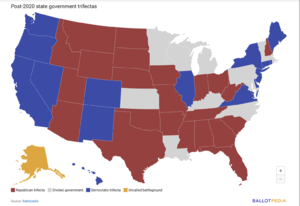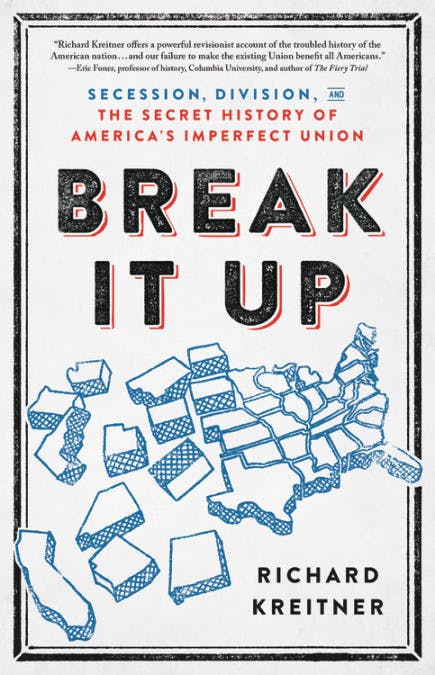Jada, men nå etterspurte jeg et noe mer reflektert scenarie enn dette. OK, og så da? Eksakt hvordan kommer du derfra til oppbrytning av unionen? "Mange mener" er ikke et scenarie for hvordan det skulle skje. Heller ikke at det er skrevet kommentarartikler som spekulerer i dette. Slike har blitt skrevet siden ca 1776. Hvordan skulle det gå til?
Legitimt kan det skje ved en konstitusjonell konvensjon som omskriver grunnloven i mer omfattende utstrekning enn hva grunnlovstillegg åpner for. Dette var det mange som ba om under Obama og det vil komme tilbake, med ny giv, under Biden/Harris. Det krever 2/3 av delstatene å få gjennomført en slik.
Det kan også skje gjennom scenarier som dem denne tverrpolitiske gruppen kikket på, nylig - Transition Integrity Project. De så for seg at USA er i en tilstand der fredelig maktoverføring står i spill.
PDF - scenariene de trekker opp er sammenfallende med hva som faktisk er prøvd gjennomført og har blitt playbook for GOP i delegitmeringen av Biden. Denne rapporten ble skrevet før valget, og det er opplagt at de 100 som står bak den skjønte hva man planla i GOP.
Jeg syns du dytter fingrene i ørene og forestiller deg en ikke-eksisterende stabilitet i USA, Asbjørn. Andre ser ikke den. (Og null sjanse for hva jeg har uthevd).
Her har du New Republics vurdering av "Break it up".
https://newrepublic.com/article/159172/united-states-break-up
In the wake of Brexit and Trump’s election,
many Americans began to ask if the United States might soon break apart. In 2016, progressive activists in Portland, Oregon, submitted a
petition calling for a statewide vote on secession; that same year,
a poll showed that 26 percent of Texans supported state independence. In a
2018 survey, 31 percent of Americans believed a civil war was possible within the next five years. A cohort of national security experts put the
chances of a civil war within the next 15 years at 35 percent. And
who has not entertained the possibility that, if Trump loses the election this fall, he might resist leaving office? Strange turnout
patterns during the pandemic would certainly give both candidates a pretext for contesting the results—and what institution these days has the
legitimacy to settle the question decisively?
If the idea of the U.S. dissolving seems far-fetched, one reason is that we have been trained to think of secession and civil war as something long settled. The South tried it, they lost, and ever since disunion has seemed a practical impossibility. But in Richard Kreitner’s provocative 400-year history of America,
Break It Up: Secession, Division, and the Secret History of America’s Imperfect Union, he argues that the nation’s foundations have always been fragile. The threat of disunion has been raised or attempted in every region and by all political factions at some point in our nation’s past.
If we ignore this “hidden thread” in our history and choose to believe in a mythic past when unity actually existed, we make disunion more likely, not less. To build a truly equal and lasting multiracial democracy, he argues, we must stop papering over the constant threat of disunion that haunts our past.
Break It Up: Secession, Division, and the Secret History of America’s Imperfect Union
by Richard Kreitner
Buy on Bookshop
Little, Brown & Company, 496 pp., $27.60





